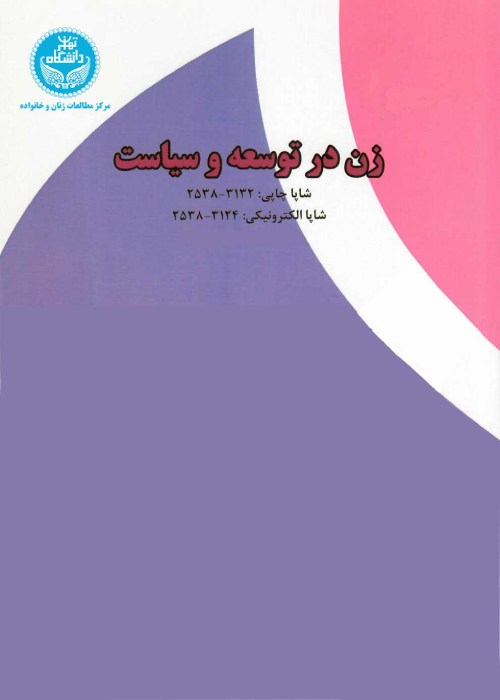An analysis of the mental health of children in monogamy and bigamy families
Author(s):
Abstract:
Family is the most fundamental social unit which can undergo a trauma when a new member joins it, leading to changes in its structure and function, thus inevitably altering the roles, duties and expectation of the members. Therefore, conformity and nonconformity of family members and the subsequent effects on the family gains significance. Other than the addition of a newborn baby and adoption, such change may occur following the marriage of one of the members; especially the remarriage of the father and addition of a step-mother to the family, with the first wife still living with the family. If the new addition fails to even out the relationship of this new member – who is considered as the rival of the first wife–with those of the others, it gives rise to negative emotional and psychological damages, which may in turn affect the psychological and mental health of the existing family members. The available literature on this issue shows that upon the addition of the second wife to such families, the existing members encounter many challenges including social and economic changes and conflicts as well as the transformation of their internal and external interactions, thus their subsequent effects on the members are significant. This research is a comparative study on the mental health of children living in monogamy & bigamy families in the Iranian city of Khaf. Population of the study consists of all girls and boys studying literature, science and mathematic at public high schools during 2007-2008 school year. Using random sampling 30 boys and 38 girls of bigamy families are selected for the purpose of the study. In the same manner, the same number of boys and girls are selected from monogamy families. The research takes advantage of casual-comparative method. Data analysis of the two independent groups covers a wide range of methods including descriptive statistics such as frequency, percentage, mean, standard deviation and inferential statistics such as t-test and assessment of the data includes SCL-90_R checklist. The results show that there is a meaningful difference between the mental health of children living in polygamy and those living in bigamy families. Moreover, the findings of the study reveal that children of monogamy families enjoy a greater level of mental health than bigamy families in terms of aspects such as stress, physical complaints, compulsion, aggression, psychosis, interpersonal relations sensitivity. The findings also prove that there is not any meaningful difference between their paranoid ideas, depression and phobia.
Language:
Persian
Published:
Women in Development and Politics, Volume:8 Issue: 4, 2011
Page:
5
magiran.com/p818542
دانلود و مطالعه متن این مقاله با یکی از روشهای زیر امکان پذیر است:
اشتراک شخصی
با عضویت و پرداخت آنلاین حق اشتراک یکساله به مبلغ 1,390,000ريال میتوانید 70 عنوان مطلب دانلود کنید!
اشتراک سازمانی
به کتابخانه دانشگاه یا محل کار خود پیشنهاد کنید تا اشتراک سازمانی این پایگاه را برای دسترسی نامحدود همه کاربران به متن مطالب تهیه نمایند!
توجه!
- حق عضویت دریافتی صرف حمایت از نشریات عضو و نگهداری، تکمیل و توسعه مگیران میشود.
- پرداخت حق اشتراک و دانلود مقالات اجازه بازنشر آن در سایر رسانههای چاپی و دیجیتال را به کاربر نمیدهد.
دسترسی سراسری کاربران دانشگاه پیام نور!
اعضای هیئت علمی و دانشجویان دانشگاه پیام نور در سراسر کشور، در صورت ثبت نام با ایمیل دانشگاهی، تا پایان فروردین ماه 1403 به مقالات سایت دسترسی خواهند داشت!
In order to view content subscription is required
Personal subscription
Subscribe magiran.com for 70 € euros via PayPal and download 70 articles during a year.
Organization subscription
Please contact us to subscribe your university or library for unlimited access!


